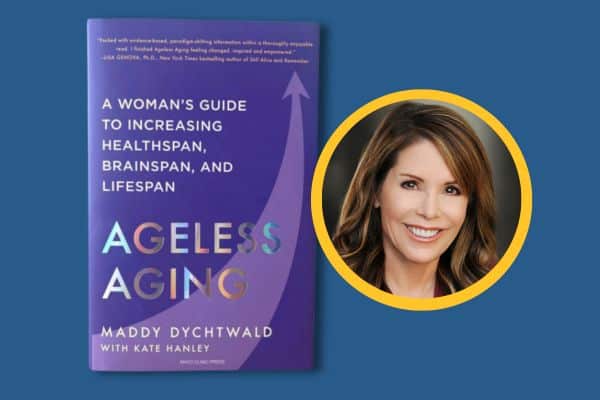New research shows the Alzheimer’s protein tau builds up faster in women’s brains. Could this help scientists explain why women are twice as likely to develop Alzheimer’s?
Years before any symptoms of Alzheimer’s appear, beta-amyloid and tau proteins misfold, tangle, and aggregate inside the brain. While many people may develop beta-amyloid plaques without showing any symptoms, people often start developing problems with thinking, navigation, and memory when tau tangles begin to form and spread throughout the brain.
Although both these proteins build up in men and women, scientists aren’t sure why women are twice as likely to develop Alzheimer’s disease. Previous research has focused on other factors, including menopause, changes in hormones, differences in blood vessels, and a longer lifespan.
In recent years, researchers discovered that women develop tau tangles earlier than men. However, these studies didn’t track the buildup of these proteins as people aged. A new study in JAMA Neurology tracked tau levels in 1,376 older adults over three years.
“We were able to see that the rates of tau accumulation were faster in women than in men,” the study’s author Gillian Coughlan, PhD, an instructor in neurology at Massachusetts General Hospital, told Being Patient.
Coughlan and team analyzed data from six different cohorts that tracked cognitively healthy older adults. You may have heard of amyloid PET scans, which are routinely used to measure whether someone has plaques characteristic of Alzheimer’s in the brain. These participants received two different PET scans: One to measure beta-amyloid and another to measure tau.
The researchers zeroed in on people who had high levels of beta-amyloid and thus a higher risk of Alzheimer’s disease to see whether they developed tau tangles faster.
“Almost consistently they found that women with elevated brain amyloid at baseline accumulated more tau compared to men with elevated brain amyloid, despite women performing better than men on cognitive assessments,” Jessica Langbaum, PhD, senior director of research strategy at Banner Alzheimer’s Institute, who wasn’t involved in the study, told Being Patient.
A caveat: The researchers excluded one of the six cohorts from most of their analysis because the data didn’t line up well with the other cohorts. Excluding this data strengthened the finding that tau accumulates faster in women’s brains, potentially increasing their Alzheimer’s risk.
Another limitation of the study is that most of the participants were white. Previous research has found that beta-amyloid and tau buildup are different among Hispanic and Black Americans.
Despite the limitations, Langbaum said the study’s findings are “noteworthy.”
Since tau may build up faster in women, Coughlan and her colleagues make the case that women need to be screened earlier for Alzheimer’s disease. Although tau PET scans are mostly used in research, Coughlan said that some blood tests measuring pTau-217 could help predict tau build-up in clinical settings.
Newly approved anti-amyloid treatments like Leqembi and Kisunla also work best in the early stages. In Eli Lilly’s Phase 3 trial, participants who had lower levels of tau in their brains benefited a little more from the treatment than others did. Early screening could help diagnose women when they’re most responsive to these medications.
“The earlier we intervene with treatment, the more likely it is that we have a clinically meaningful effect for that patient in terms of improving their life and their daily activities,” said Coughlan.




